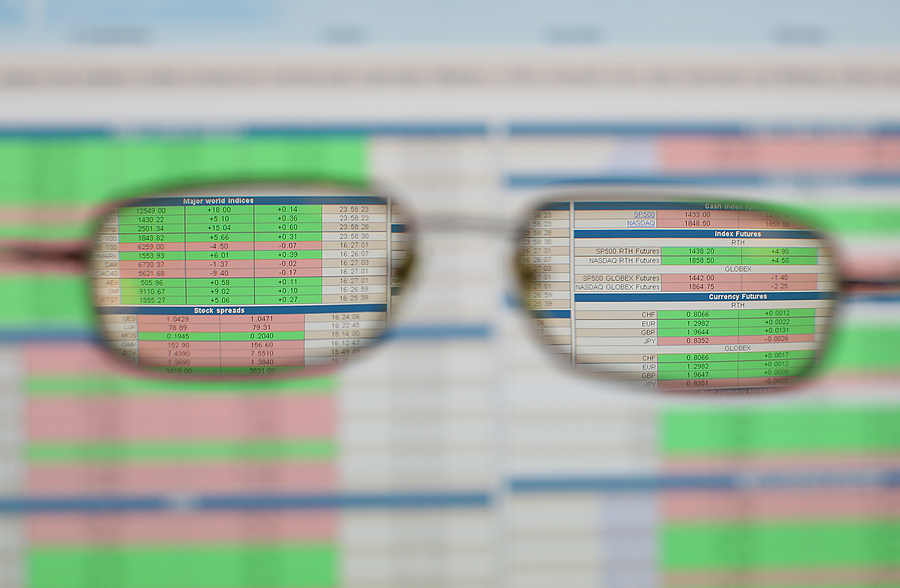Sometimes, we feel something is wrong with our bodies and don’t know exactly what to do. Then, our instinct will tell us to look it up on the internet—hoping for some good news. We may have experienced where we googled what we feel and then looked for home remedies. We may have also checked how long symptoms go away after the treatment is applied and have looked for comments of other people who have gone through the same thing and felt better without going to the doctor. That can be good news to you, but not to the eye doctor. Medical professionals always encourage us to consult for their help whenever we feel something is wrong. If you’re reading this because you have come to the internet for a solution to an eye problem, wait no more and schedule with a San Francisco Optometrist if you’re in the area.
However, due to the costly expenses that come along with it, many have avoided the idea of going to the doctor only to discover later on that the symptoms have gone worse. Most people who have been to this situation will surely tell you that this isn’t the wisest thing to do. Indeed, it isn’t! That’s why we’ve compiled a list of common eye diseases diagnosed by doctors that impair vision.
Cataract. This is not surprising. Worldwide, this is by far one of the most notorious culprits in vision problems. This happens when the lens of the eyes is clouded. As a result, light cannot pass through normally, thus proper vision is impaired. Symptoms of cataract include faint colors, blurred vision, difficulty seeing at night, etc. Treatments vary according to the specialists and equipment in your area, however, what’s commonly done about this is the clouded lens is replaced with a clearer, but an artificial one. The good news is that during its early stages, corrective lenses or prescription glasses can help.
Glaucoma. This is the reason why if you’ve read through articles on eye health, you’ve seen repeated reminders to get your eyes checked for the pressure that’s built up in it. When that pressure accumulates over an extended period of time, it can cause damage to the optic nerves. The damaged optic nerve will, in turn, get worse over time and eventually lead to blindness if left untreated. Symptoms for this disease can vary according to the type of glaucoma a person has. There may be cases where tunnel vision is felt or there can also be a case where there is extreme pain and vision is lost only a few days after. Treatment for this includes medication or eye drops on earlier stages and surgery for severe cases.
Diabetic Retinopathy. As the name suggests, the culprit to this eye problem is mainly diabetes. The blood vessels are being attacked in this case and symptoms include dark patches in the vision. There can also be unusual floaters and the vision also starts to get hazy. If diagnosed early on, the damage can be minimized by medical intervention, but if not, this can lead to blindness.
Refractive Abnormalities. This is a general term that includes myopia, hyperopia, etc. In most cases, this one is not life-threatening and normal vision can be regained by the use of corrective lenses.
Strabismus. In layman’s terms, we simply call it squinted eyes. This problem occurs when the eyes do not coordinate with each other and either move closer to the middle or turn outwards.
Image Source: BigStockPhoto.com (Licensed)
Related Categories: Health, Reviews








